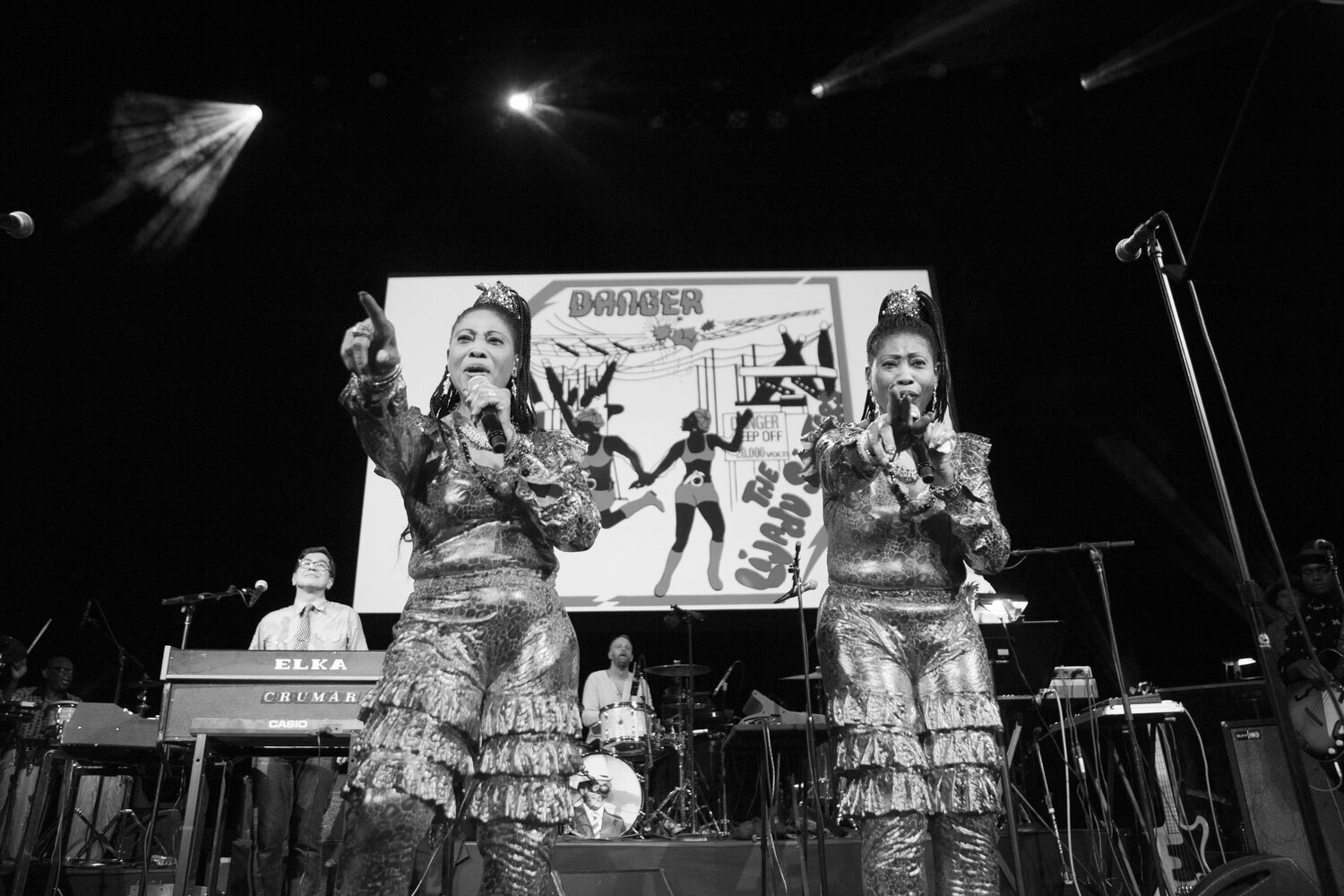Why Facebook Has Been Accused of Poor Working Conditions in Kenya
According to a TIME investigation, Facebook content moderators in Kenya have revealed how their workplace culture is characterized by low pay, mental trauma, intimidation and the suppression of the right to unionize. Read more. Read More...












